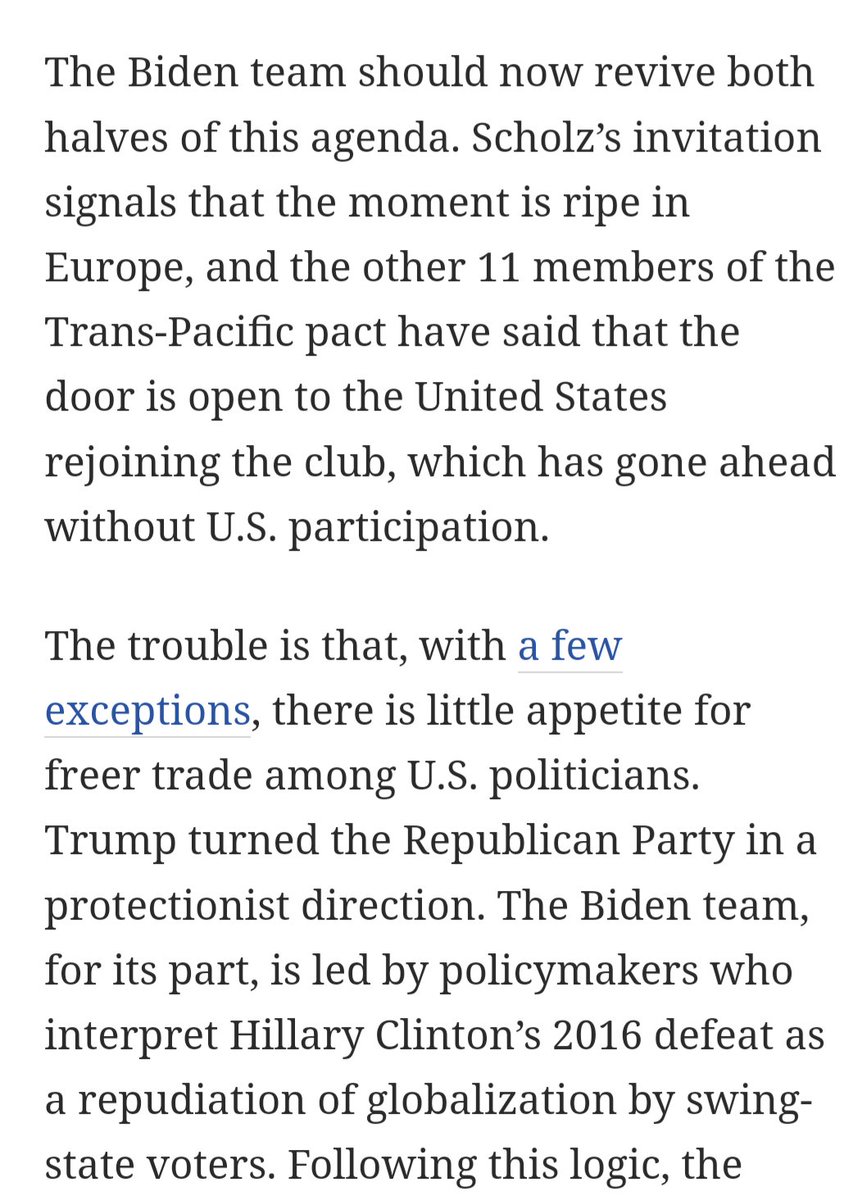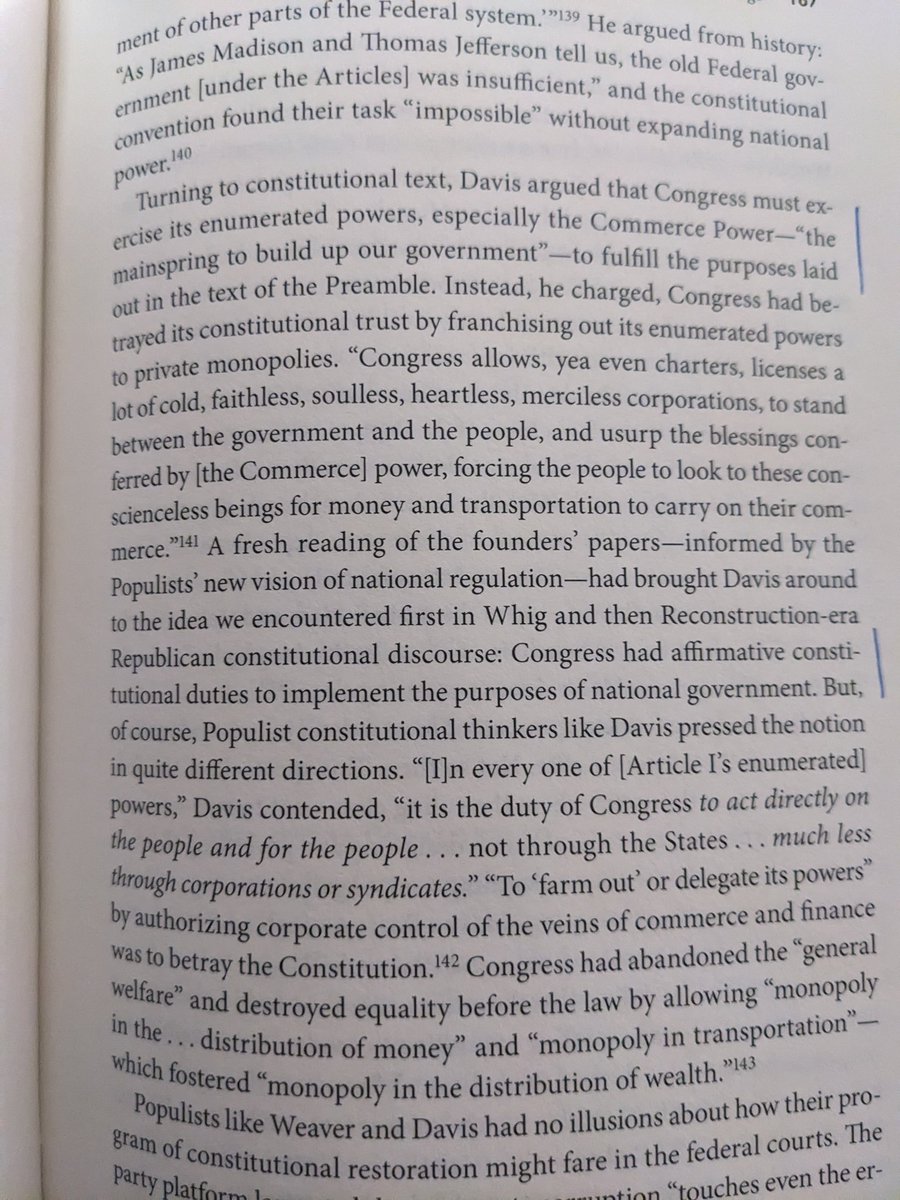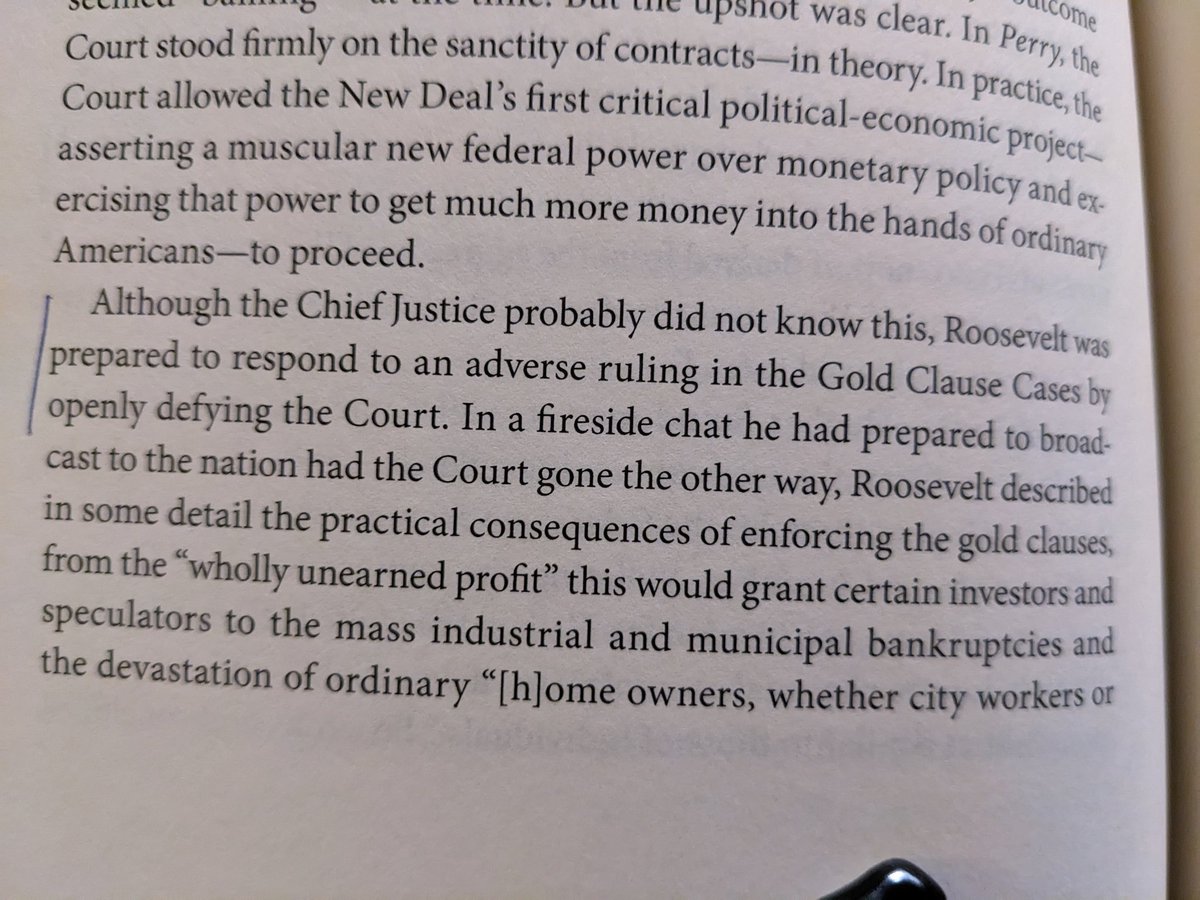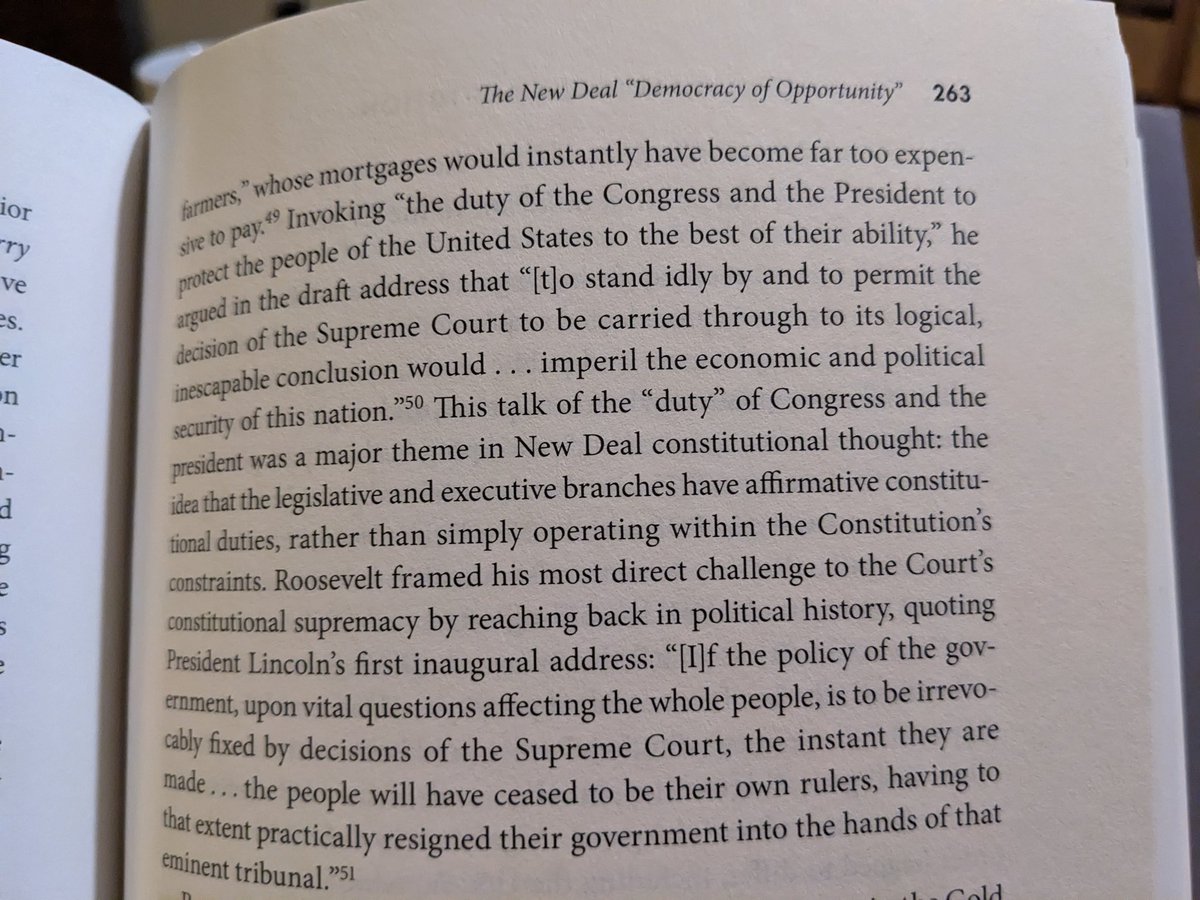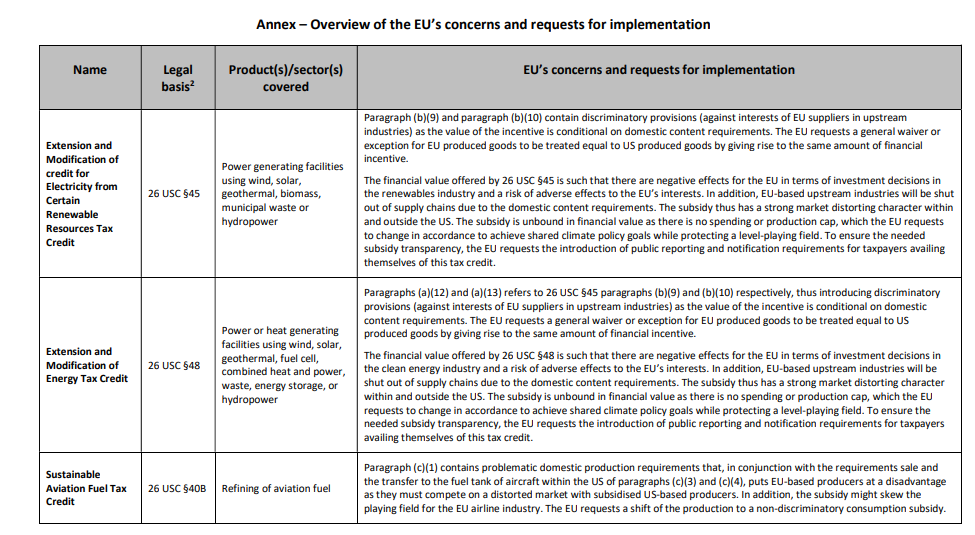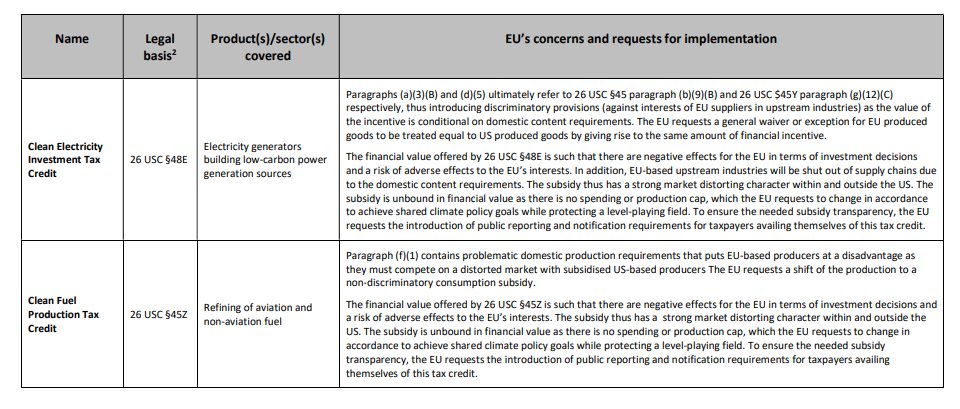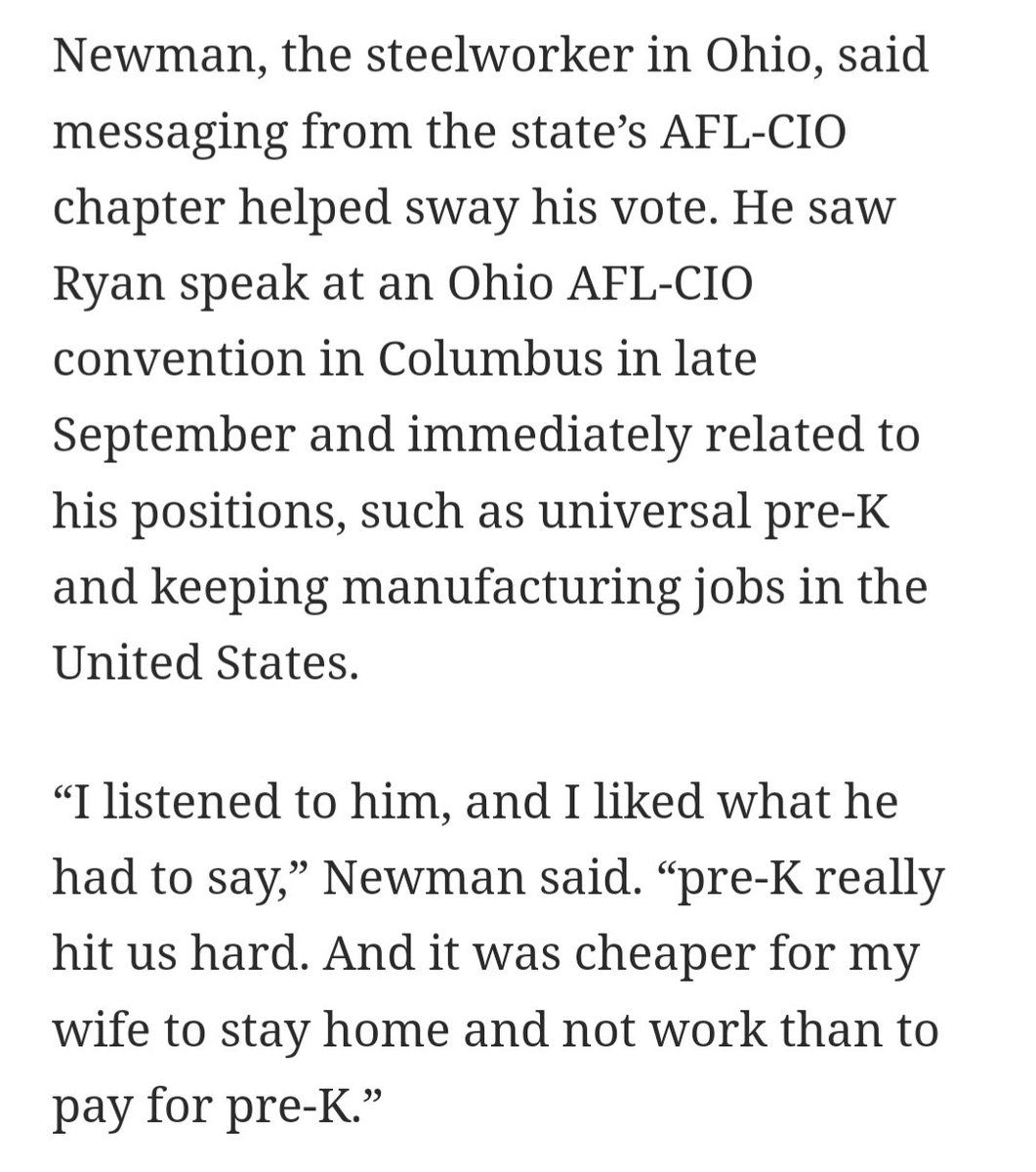
Strong second.
I loved working with terrific editors @monkeycageblog, including @ejgraff @ErikVoeten @henryfarrell @vanessa_lide @ProfSaunders @segoddard and others, who helped make my academic and policy commentary legible to a wider audience.
11 hits of gratitude. Thread👇
I loved working with terrific editors @monkeycageblog, including @ejgraff @ErikVoeten @henryfarrell @vanessa_lide @ProfSaunders @segoddard and others, who helped make my academic and policy commentary legible to a wider audience.
11 hits of gratitude. Thread👇
https://twitter.com/kelly_zvobgo/status/1610424929207418880
When I had just defended my dissertation and was on the job market, @ErikVoeten encouraged me to try to develop some of my arguments around #ISDS for a policy audience. It ended up becoming a section of my book Judge Knot.
washingtonpost.com/blogs/monkey-c…
washingtonpost.com/blogs/monkey-c…
A year later, I was able to continue that line of work and analysis by looking at how trade rules were upending North American energy markets.
washingtonpost.com/news/monkey-ca…
washingtonpost.com/news/monkey-ca…
After finally getting the dissertation in publishable form and getting a job, I started writing and researching on a wider range of topics, like tracking multilateral institutions' difficulty in accommodating national security-motivated trade restrictions.
washingtonpost.com/politics/2019/…
washingtonpost.com/politics/2019/…
Shortly after @AOC @EdMarkey and others launched the Green New Deal, @monkeycageblog became an outlet to begin fleshing out what the international complement to it could be. That sandbox helped develop at least half a dozen longer-form pieces.
washingtonpost.com/politics/2019/…
washingtonpost.com/politics/2019/…
Monkey Cage was a valuable place to stretch my research interests, and connect international economics to domestic administrative law/state questions - questions I've been mulling ever since.
washingtonpost.com/politics/2019/…
washingtonpost.com/politics/2019/…
Monkey Cage also helped me achieve a goal I set in 2019: lean into coauthoring. Here is a piece with @lenorepalladino, where we took a look at policy ideas for remaking shareholder capitalism in the UK.
washingtonpost.com/politics/2019/…
washingtonpost.com/politics/2019/…
With the US' shift out of neoliberalism after the election of Biden, Monkey Cage was an invaluable forum for sense-making, including on changing international tax norms...
washingtonpost.com/politics/2021/…
washingtonpost.com/politics/2021/…
Weaponized interdependence in the wake of Russia's escalation of the war in Ukraine (w/ @Tim_L_Meyer)...
washingtonpost.com/politics/2022/…
washingtonpost.com/politics/2022/…
Onshoring of supply chains...
washingtonpost.com/politics/2022/…
washingtonpost.com/politics/2022/…
And, finally in the final days of the MC as it lived on the Post, hiccups on the path to greening trade policy.
washingtonpost.com/politics/2022/…
washingtonpost.com/politics/2022/…
As an #altac, @monkeycageblog provided crucial space to bridge academic research with policy-facing work. Best of luck and hope to them in whatever comes next.
@threadreaderapp unroll
In blog and unrolled form: RIP Monkey Cage, Long Live Monkey Cage
toddntucker.medium.com/rip-monkey-cag…
toddntucker.medium.com/rip-monkey-cag…
• • •
Missing some Tweet in this thread? You can try to
force a refresh



